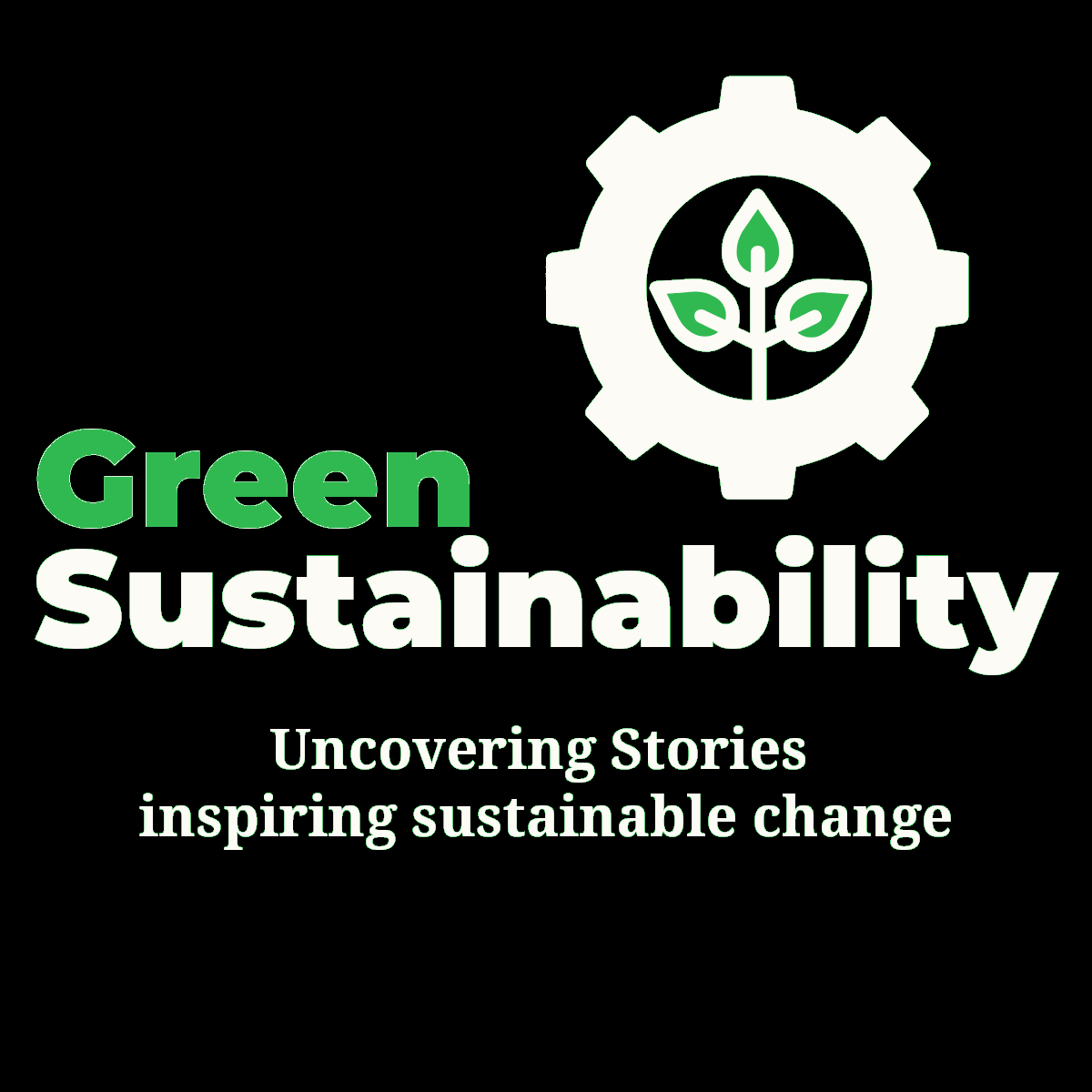

Cormorants have sometimes been persecuted by fishermen because of the belief that they eat huge quantities of fish, especially in rivers where they were supposed to prefer young salmon and trout. However, research has shown that cormorants seem to favour flat fish and eels, taking only small amounts of the more saleable fish.
In the Far East, some fishermen make use of the cormorant's expertise, by training it to catch fish for them. A collar and lead is attached to the bird's neck and the collar is just tight enough to prevent the cormorant from swallowing a captured fish. The fisherman retrieves the fish from the bird's beak, only loosening its collar now and then to allow it to swallow a fish.
As with many sea birds, cormorants are affected by oil pollution, caused by shipwrecks or by ships which discharge their oil at sea illegally. Diving birds such as guillemots, razorbills and puffins have been most seriously affected by oil pollution, but cormorants have also suffered when fishing in the location of an oil slick. Oil clogs their feathers, they are unable to fly and swim and, as a result, they drown. Birds may also die of poisoning if they swallow oil.
Our Supporters



.png)




















.png)



































